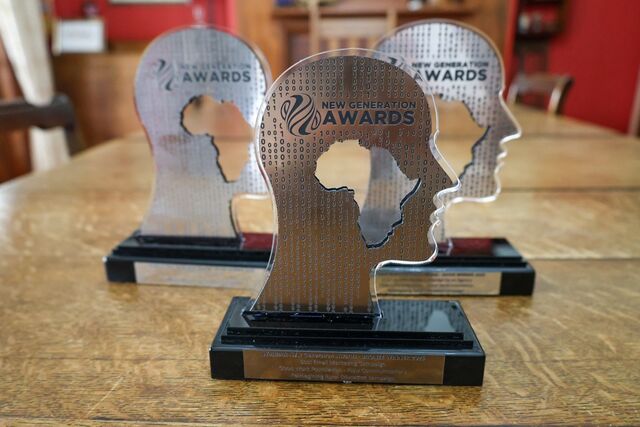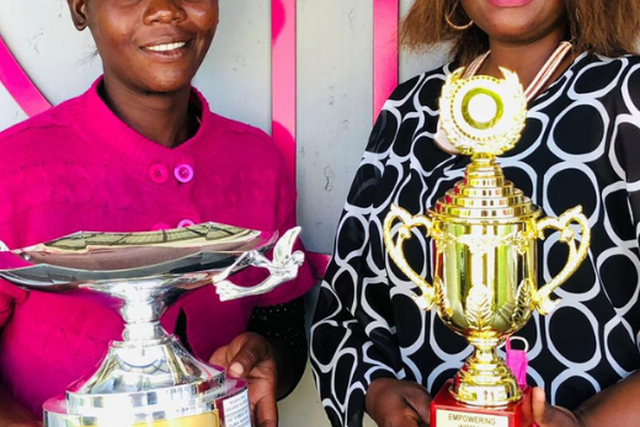GWF wins at 2021 reimagine education awards
2021’s most exciting, effective new approaches to teaching and learning have been announced by QS Quacquarelli Symonds and The Wharton School, after a gruelling competition comprising eight months, 1350 applicants, and five rounds of close expert scrutiny: the Reimagine Education Awards. In addition to the three overall awards, it rewarded innovation in sixteen main award categories (including AI, VR/AR, e-learning, educational apps and more), six disciplines (arts & humanities, business education, engineering & IT, life sciences, natural sciences and social sciences) and regional awards. Winners hail from 27 countries.
We are delighted to share that Good Work Foundation was awarded a Silver, and three Bronze across multiple categories in this year’s Reimagine Education Awards, which shed light on the excellence of innovative solutions enhancing learning outcomes and employability for a future billion learners. We were placed amongst some of the world’s top universities, edtech companies, schools, and educational non-profits worldwide. Contested by applicants from eighty-four nations, the awards seek to offer global higher education a platform through which outstanding pedagogical innovation can be identified and rewarded.
Nunzio Quacquarelli, CEO, QS and co-founder of Reimagine Education Awards, said: “At the end of the second disruptive year for global higher education, it has been a pleasure and a privilege to offer a platform to the projects, pedagogies, and solutions that represent the future of educational provision. With over 300 independent judges participating in the evaluation process, plus a distinguished 20 persons Grand Jury, our winners have received the unequivocal backing of expert educationalists across the world. They should take exceptional pride in their achievement.”
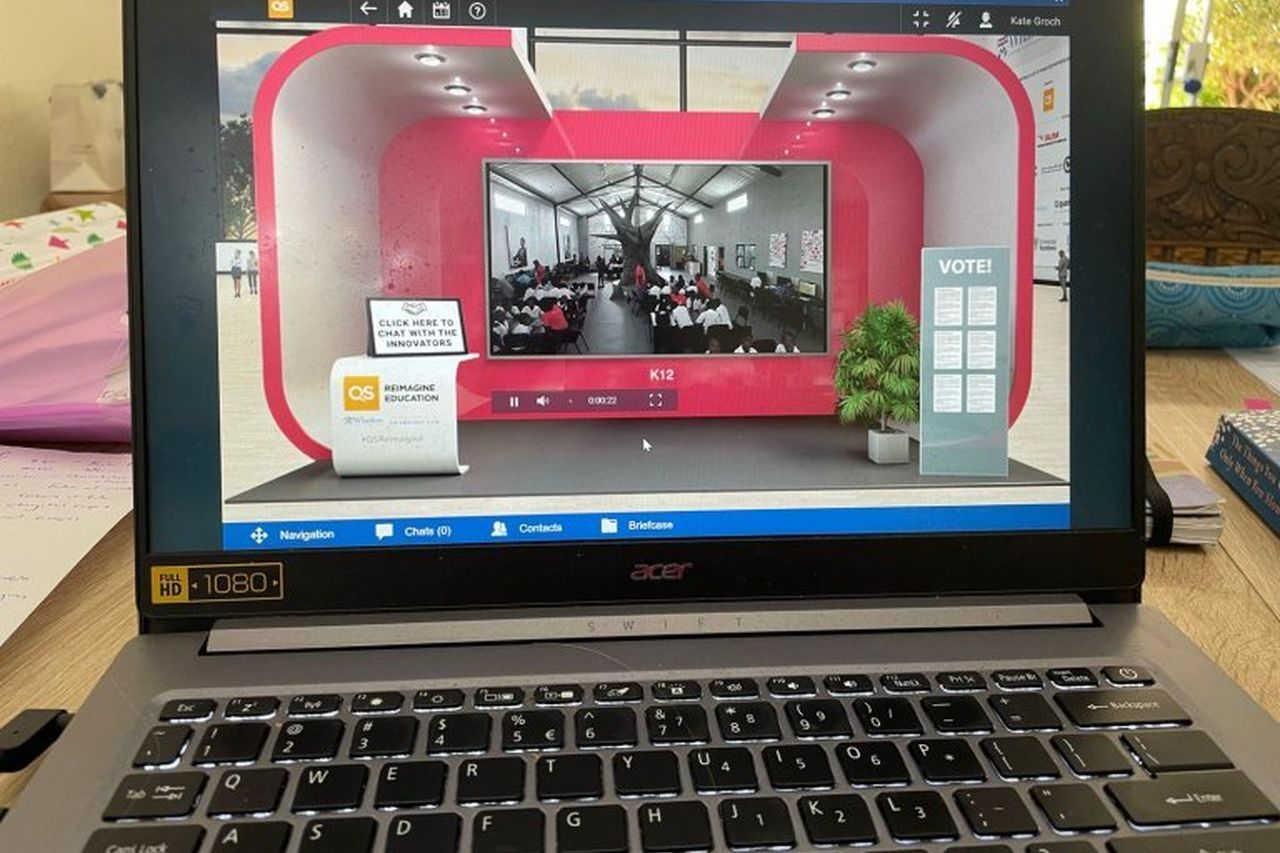
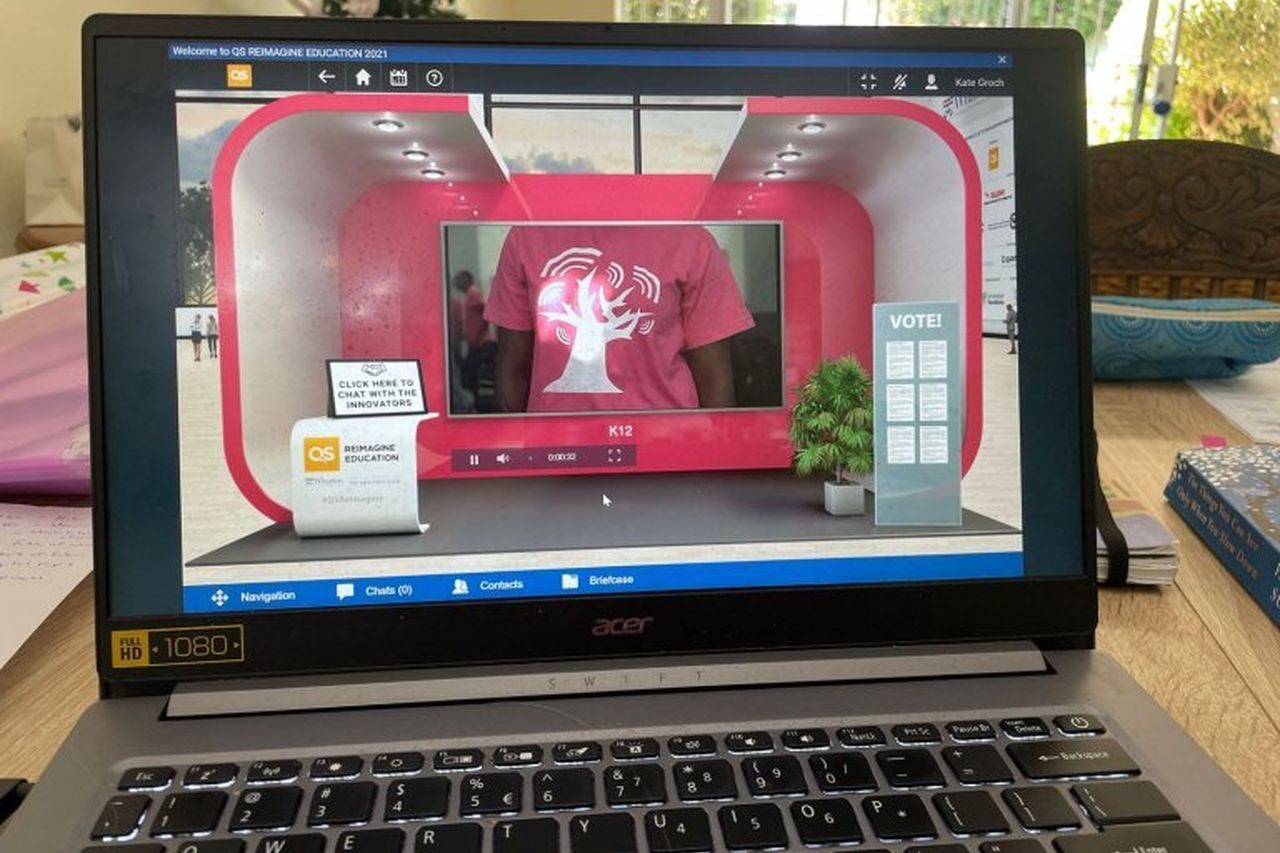
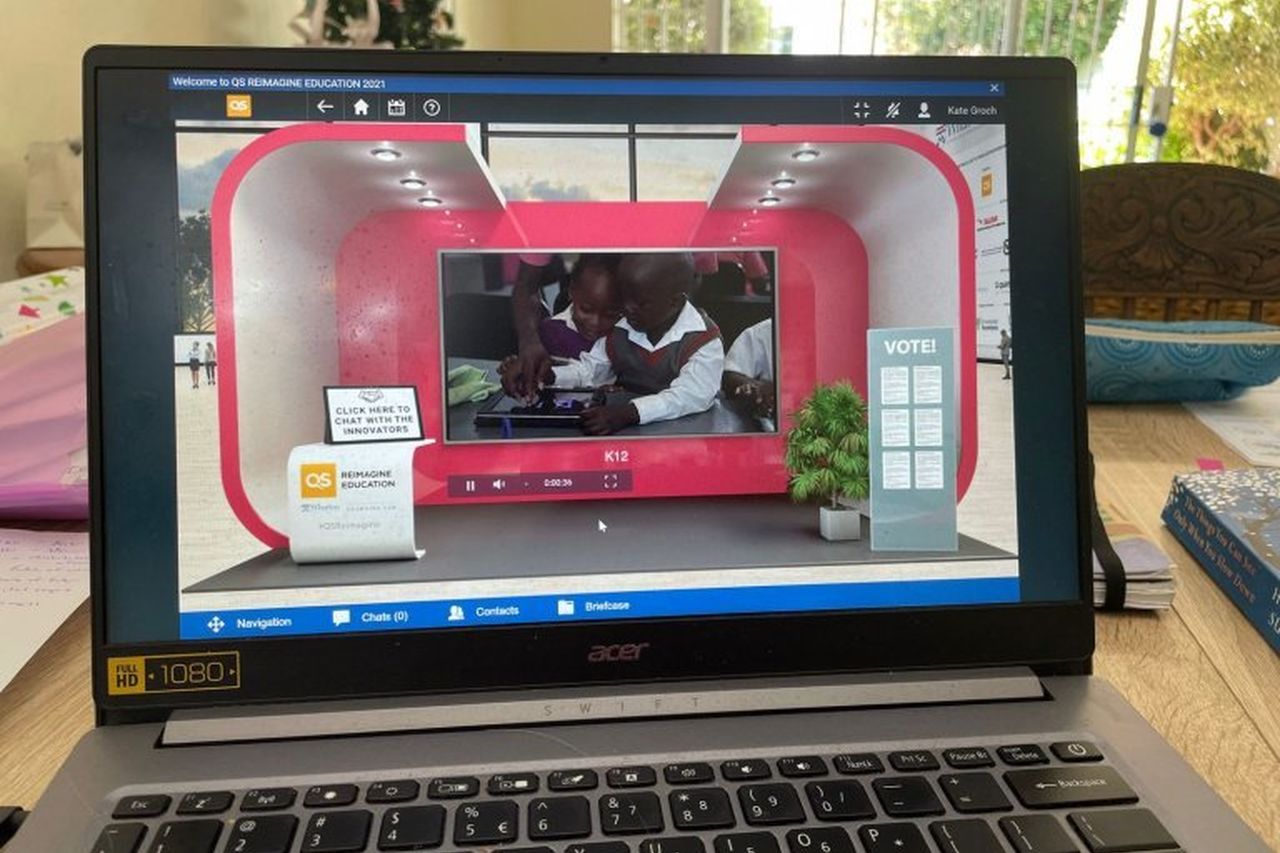
Here is the complete list of winners from the Reimagine Education Awards but you can read more about GWF’s awards below.
Silver for Cultivating a Heart for Conservation in the Natural Sciences Category
This is the first time that GWF has been awarded in the Natural Sciences discipline, and we couldn’t be prouder. Conservation is one of GWF’s key focus areas from Grade 3 to the Conservation Academy for adult learners. The entry focused on our Travel & Tourism Academy. Our programs are structured around the broader goals of sustainability of our environment. There are currently serious social and environmental issues facing our area, and pressure on the wildlife and resources, such as the rhino poaching crisis as an example, is exacerbated by high levels of poverty and unemployment. At GWF we equip the youth of these communities with skills and training in Conservation and Hospitality, enough for them move from entry level into management positions, or to start their own enterprises. Our training is not just to provide skills to individuals, but to contribute to alleviating broader social and environmental crises.
Bronze for Bridging the Gap in the Enhancing Access and Affordability Category
Two decades after apartheid it is still the case that the life chances of the average South African child are determined not by their ability or the result of hard-work and determination, but instead by the colour of their skin, the province of their birth, and the wealth of their parents. The results are so deterministic that before a child’s seventh birthday one can predict whether they will inherit a life of chronic poverty and sustained unemployment or a dignified life and meaningful work. GWF’s Bridging Year Academy interventions seek to change this and allow young rural school leavers as much opportunity to change their future as possible. This, along with our determination to grow employable youth and create employment opportunities; and our absolute belief in, and nurturing of, the dreams of these young people, are what send them out there as equipped, confident, and optimistic global citizens. As Trevor Manuel, Former Finance Minister and Minister in the Presidency of South Africa, said: “The ‘digital divide’ is very much part of what we must address. The ultimate goal is that our youth should at all times be exposed to an enhanced education process, one that will free them from the sorry state of poverty, ignorance and helplessness as well as allow them to be part of the digitization that is happening worldwide. GWF is helping these rural young people do just that.”
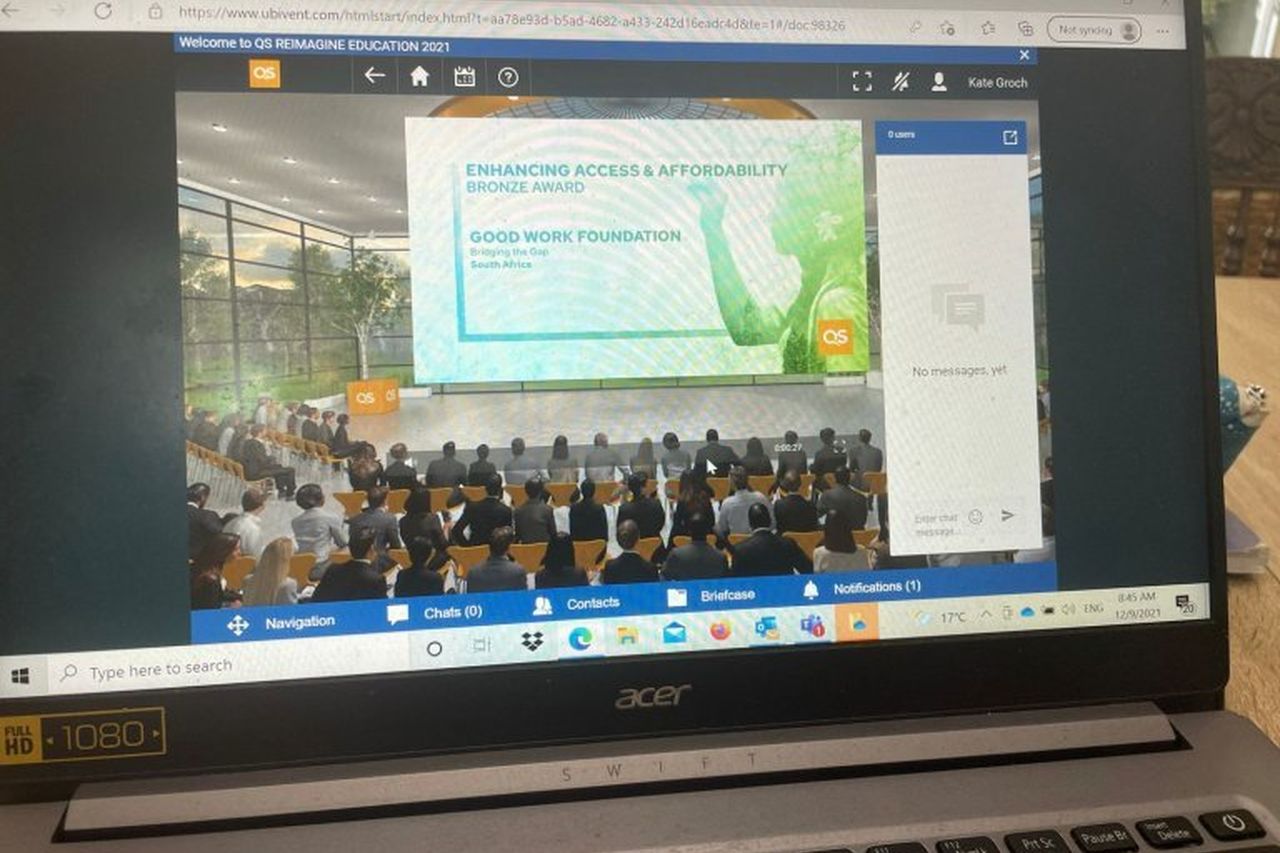
Wonder-filled learning is at the core of every learning programme at GWF, and how wonderful to be recognised on a global platform for the power of this concept. OLA enables access to digital learning for over 10,000 students in rural Mpumalanga, where learners are unlikely to have access to the learning resources and tools presented within the programme. Our digital learning campuses are easily accessible for learners, with transport provided from schools. Building solid foundations in Maths and English in primary school (improving reading and communication skills and developing thinking, logic and reasoning) undoubtedly has a long-term positive impact on future learning opportunities and long-term employability. OLA uses digital learning to respond to the need to develop skills in Maths and English of learners in the community and create access to learning opportunities that promote critical and creative thinking skills, problem solving, innovation and thinking. Each session within the programme caters for auditory, visual and kinaesthetic learning, and multiple intelligences. The programme is forward-thinking within the digital sphere, continuously researching and trialling new technology or methodologies that may enhance the programme (e.g., virtual reality trips to different locations; online platforms that cater for individual student progress; real life ‘School Safari’ trips into the Kruger Park to develop passion for conservation etc).
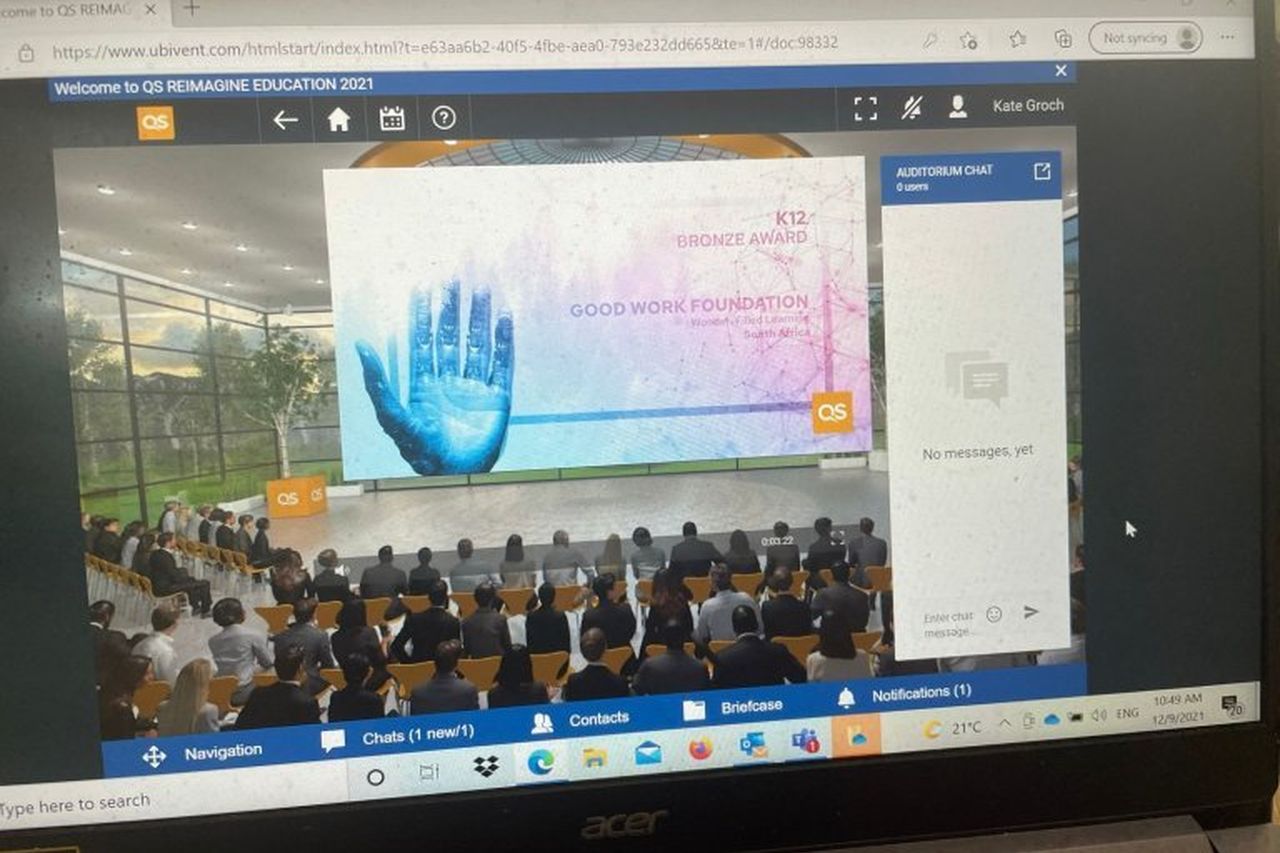
OLA not only focuses on those all-important languages of access (Math, English, and Digital Literacy) but enhances and bolster government education through high tech, high touch, gamified, wonder-filled learning which builds on to existing pedagogical practise, and then leapfrogs it once learners reach a necessary level of proficiency. GWF’s strong relationship with the Department of Education indicates there is little intervention or out-the-box thinking when it comes to digital education in rural schools. Each GWF Facilitator is trained to recognise if a child is starting to lose focus or concentration, and gently guides them back to focus on the task at hand. We make use of digital technology, but also use physical objects to bring that digital experience into real life (e.g., use of building blocks, counters etc while participating in an online Maths game).
